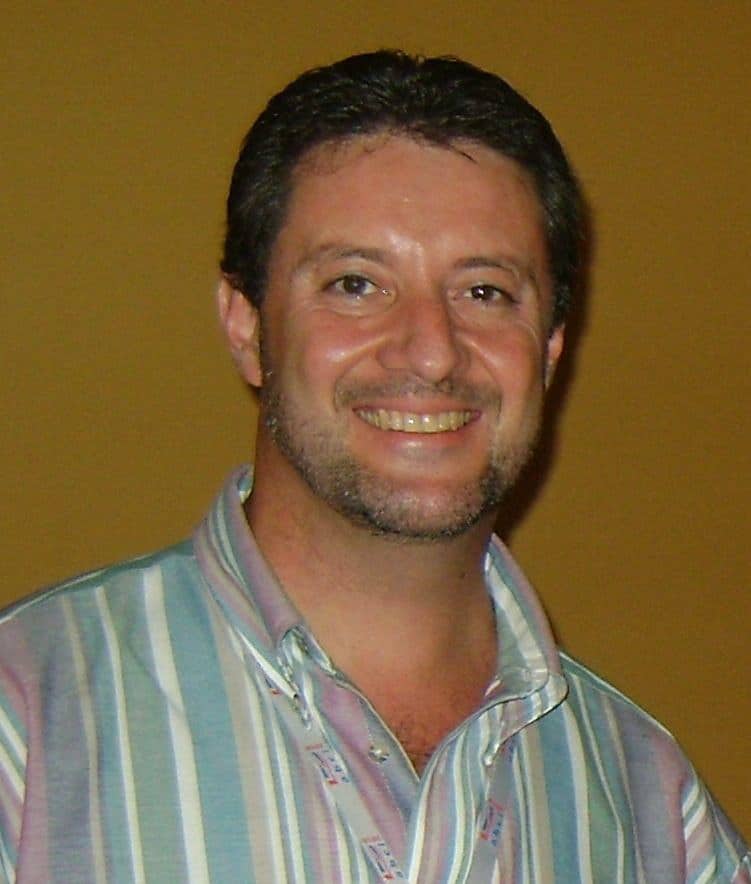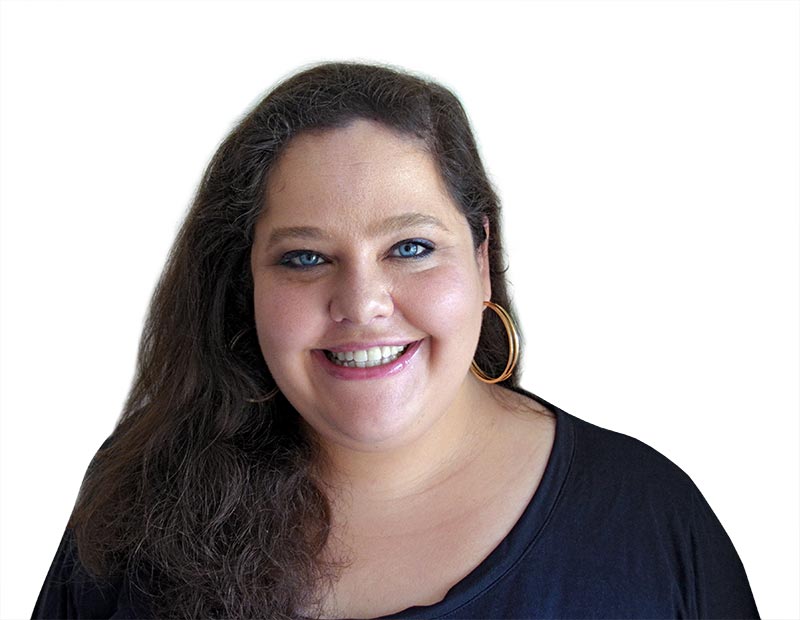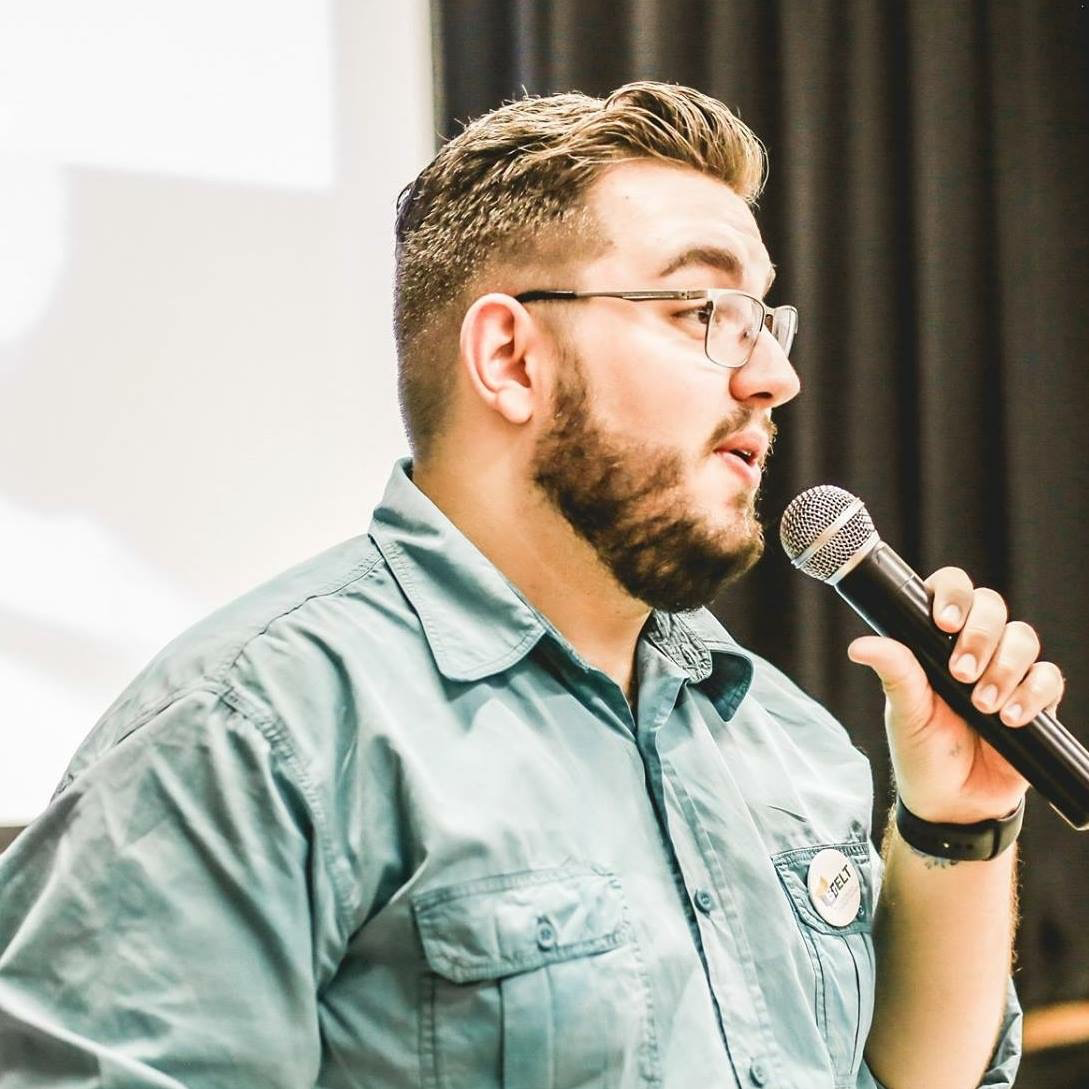Sharing an Experience: Matters of Mind – Psychology and Language Learning Graz, May 29th- 31st
Hi everyone!
Going to conferences is tiring but also refreshing. Tiring because submitting papers, filling out forms to leave the country and all the money to be invested can make you give up before you decide to go. But, when you face the paperwork and get there, it’s actually invigorating. Conferences provide the opportunity to meet old friends, make new ones, share what we’re doing, get to know what the big people are thinking and have an idea of the direction the field is taking. But my favorite pursuit is going to teachers’ presentations of successful classroom endeavors. So, this month, I’ll share with you my experiences at Matters of the Mind Conference in Austria.
Matters of the Mind was new and small – 266 people and over 100 papers presented. The big people were: Zoltan Dörnyei, who talked about future self-images in students’ narratives; Andrew Cohen, who argued that strategies should be considered as the intersection of learning style preferences, motivation, and age; Peter MacIntyre, who presented research on students’ anxiety, motivation, perceived competence, and willingness to communicate, with the use of a software that can capture these emotions within the timescale of seconds and minutes; Emma Ushioda, who explored if there should be a motivation theory specific to our field; Paula Kalaja, who described research on future teachers’ beliefs about language learning and teaching, and Jean-Marc Dewaele, who ended the conference defending individual differences research from a Dynamics Systems Theory perspective with a mixed-method approach.
The presentations of Horwitzs and Oxford deserve highlight for the passion they shared. Elaine told anecdotes of her research on anxiety and beliefs. Rebecca surprised everyone presenting results of an investigation of students’ emotions “in their own words”, which is another way of saying, learners’ experiences. I invited her to hear my presentation. She made my day, saying that my presentation was ‘brilliant’.
The teachers who shared classroom experiences were: Haukås (Norway), who reported on teachers’ perspective and role when teaching a 3rd language; Werbińska, (Poland), who proposed a framework for studying teacher professional identity; Tassinari, (Berlin), who studies language counseling sessions – a space where students go to talk about their experiences and emotions; Birello (Spain), who reported on pre-service primary teachers’ beliefs and emotions about writing; Mills (USA), who presented her research on the impact of self-efficacy beliefs in SLA; Philip (UK), who described their investigation on engagement in task-based interaction with younger L2 learners, and Fürstenberg and Elicker (Austria), who were very sad with the results of advanced learners’ interpretations of time, tense, and aspect.
These presentations made it clear that the field continues full of issues to solve. But, there is a more open approach to research on the subjective side of learning and teaching – captured in experiences and emotions, for a more realistic view of what they are like.
Finally, Graz was also amazing. If you can, don’t miss it!






